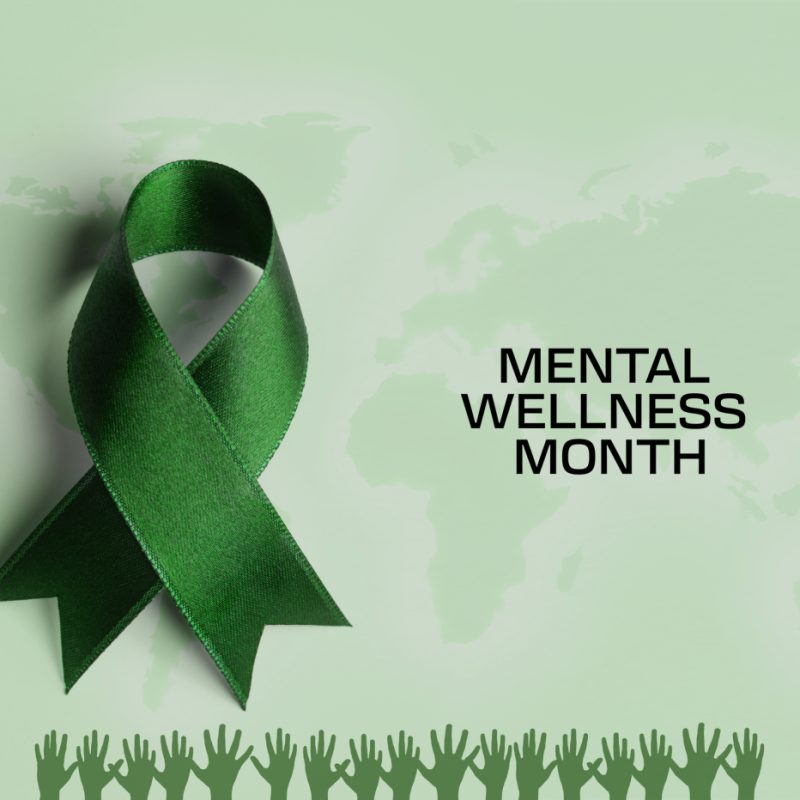POPULAR POSTS
- Schizoid and Schizotypal: The Difference March 29, 2025
- 10 Popular Party Drugs Your Teen May Be Using March 31, 2025
- 10 Places Your Teen Can Hide Drugs March 27, 2025
- What Triggers Mental Health Setbacks? (And How to Prevent Them) April 15, 2025
- Adopting Positive Thoughts for a Healthy Mind March 27, 2025













